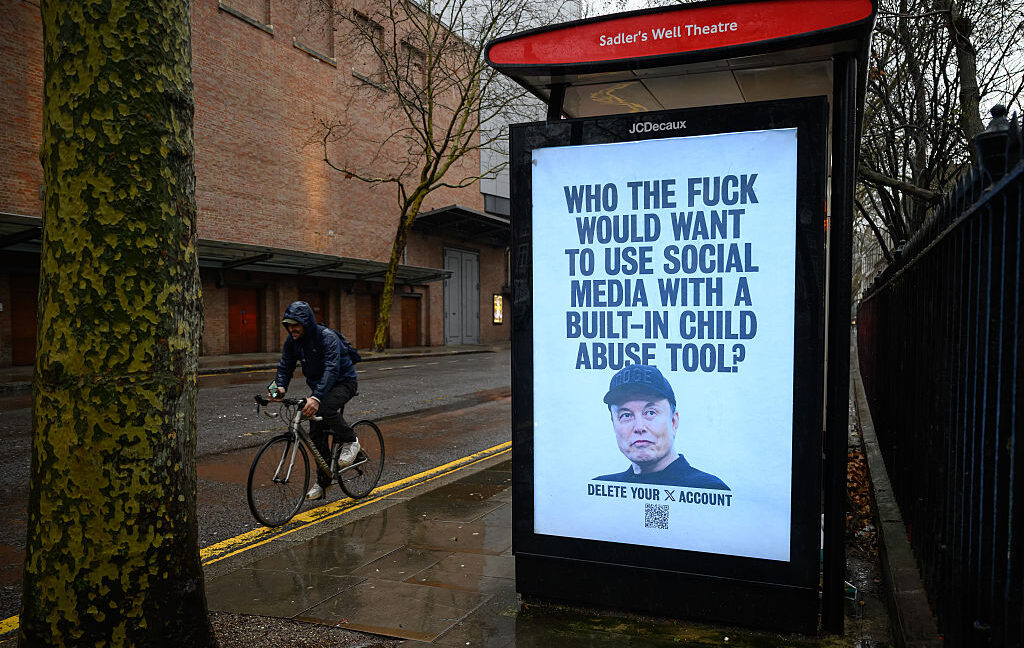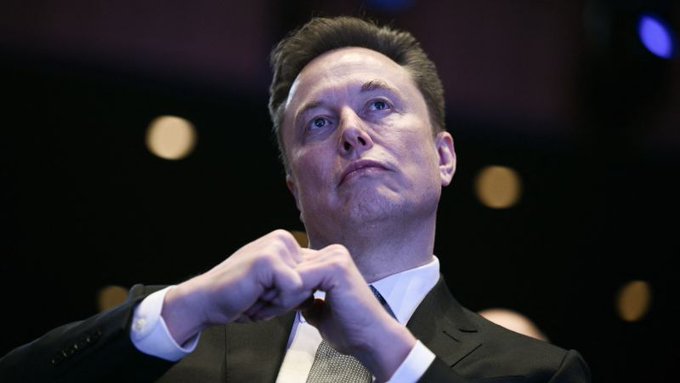Age-gating the internet: Protecting kids or invading privacy?
In his piece “Age-gating the Internet: Protecting kids or invading privacy?”, Ivo Vegter discusses the global push for mandatory age verification across websites and platforms, highlighting significant implications for privacy and freedom .
-
Global trend: Governments from Australia and New Zealand to the UK, EU, USA, Canada, Africa, and South Africa are implementing or planning laws requiring age checks online .
-
Regional approaches:
-
Australia: Banned under-16s from major social media; platforms have one year to enforce age verification or face fines .
-
UK: Online Safety Act takes effect soon; platforms must develop age-gating systems .
-
EU/France: Large platforms must gate sensitive content; France enforces third-party “double anonymity” systems for porn .
-
Canada/US: Various bills propose age checks for porn/social media, though standards vary by jurisdiction .
-
Africa: Kenya is considering biometric ID systems; in South Africa, ISPAs have opened debate .
-
-
Privacy and practicality concerns: Age verification poses security risks from data breaches, potential government surveillance, racial bias in biometric systems, and vulnerability to censorship .
-
Loopholes and enforcement issues: Age checks can be bypassed via parental documents, face recognition is unreliable, and restrictions may drive minors to unregulated platforms .
-
Effectiveness debate: There’s weak evidence linking social media or porn access to youth suicide; many argue parental controls and education are more effective .
-
Author’s stance: Vegter supports localized parental control tools combined with open dialogue instead of top-down legislation, advocating free-market, rights-based approaches .






